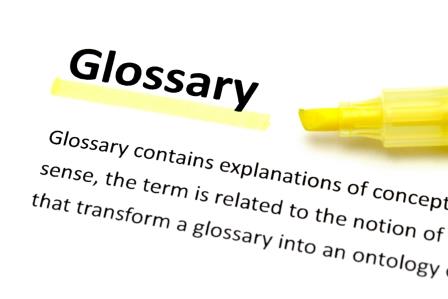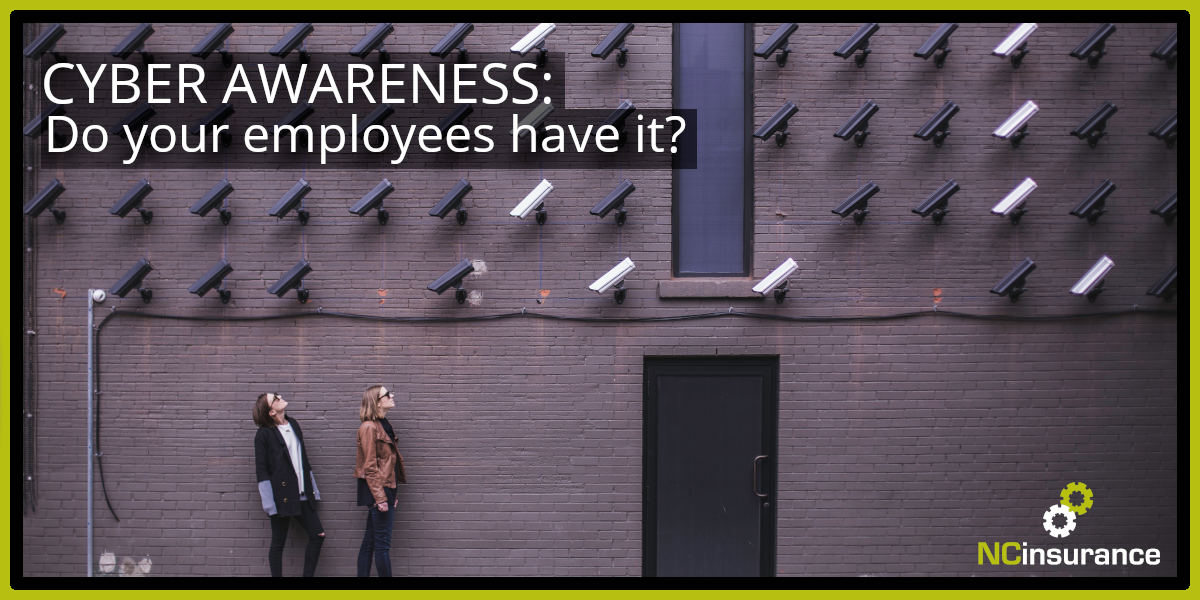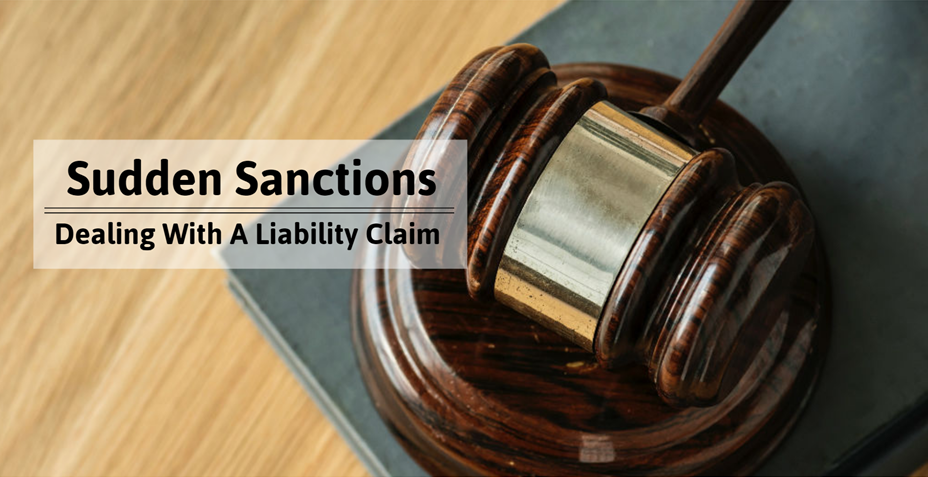
The most common insurance questions, Answered by Experts
Insurance can feel like opening doors behind doors behind doors. With even the most common insurance questions somewhat confusing for an ordinary person. Unlike almost every other product you buy, you don’t feel the benefit of insurance until something bad happens. And while we all need insurance, we buy it hoping we don’t have to use it.
When something bad happens, we immediately question our cover. Was it all explained? Did you ask the right questions? Are you actually covered? We might find ourselves hastily searching for an answer to a complex question or trying to find out if our policy excludes your circumstance.
Below, we look at the most Googled insurance questions and answer them for you.
Common Insurance Questions… Answered
Why is my car insurance so high?
Like any insurance, your car insurance is based on risk. If you drive long-distance, drive often, have a new or expensive car, have had accidents in the past or have a history of claims, insurers will see you as a higher risk to need to make a claim again. But these are not always the case. Your insurance can also depend on age, gender, where you store the car, the car itself, and the type of cover that you require.

For some, their insurance may be high due to over-insurance. This is where they are unknowingly paying for policy features which either don’t apply to them or that they will never use. It’s essential you understand what you don’t need just as much as what you do.
Does car insurance cover the car or the driver?
Car insurance generally refers to damage to your vehicle either due to your fault or when somebody else has crashed into you. However, most car insurance policies also include medical expenses as standard, which protects you and any other passenger in the vehicle at the time of the accident. The level of cover and what’s included in medical expenses varies, though, and you should weigh up the importance of this in your decision.
Do credit scores affect your premium?
Not usually. A credit search in insurance terms is normally a ‘soft search’. This means you can see the search on your credit file, but others won’t be able to. This type of search is usually used simply to verify you are who you say you are.

However, if you have a bad credit rating and want to pay for your premium monthly, lenders may be put off by your history and only offer an annual premium.
Is inherited jewellery included in my home and contents cover?
We have many clients with expensive or luxurious possessions but what about those whose relative left a piece of jewellery or item which you don’t know the value of? Well, a standard home and contents insurance policy has a cap on how much you are covered for. These vary so it’s worth checking your existing policy, but it’s unlikely it will cover too much. We can arrange valuations for you where you can have jewellery and other inherited possessions valued by a professional. Specialist items require specialist insurance. It doesn’t make sense risking something so precious, does it?
What is not included in home insurance?
Together with high-value goods, there are other things not covered which might surprise you. For instance, if pests such as rats enter your home and damage appliances, you may not be covered since you could have prevented the pest from entering your home. General wear and tear isn’t usually covered, nor is a build-up of mould.

Some policies also exclude things like floods, burst pipes, poor workmanship. If you are a business working from home and don’t have the right home business insurance, standard home insurance won’t cover injury or damage to your goods, either. It’s essential you are proactive in protecting your home.
Will I lose my No Claims Discount if I hit somebody?
When you hit another driver, liability or fault comes into play. If it’s agreed you were at fault and your insurer pays out, both your premium and your No Claims Discount (NCD) may be affected.
However, if you were not at fault for the accident, your insurer will look for the other driver’s insurer to pay out and your NCD may not be affected.
If fault cannot be agreed upon, both driver’s insurers usually look to split the cost, and both driver’s NCD may be affected.
Other common insurance questions? Can we help?
Got a question not answered here? Pick up the phone, we’ll be happy to answer it for you. We may also be able to get you a policy that’s cheaper and better than your existing policy.
Find out how we can help your small business or not-for-profit mitigate risk, call us on 0191 482 1219 or visit our website to find out more about what we do for our clients.
Can’t get enough? Check out another post:
- 5 star fraud- The worry with fake reviews
- How to: reduce data exposure from cyber security threats
- Health and safety concerns in the construction industry
Stay in touch!
To keep track of the latest news, updates and tips from NC Insurance, follow us on Facebook, Twitter & LinkedIn.






